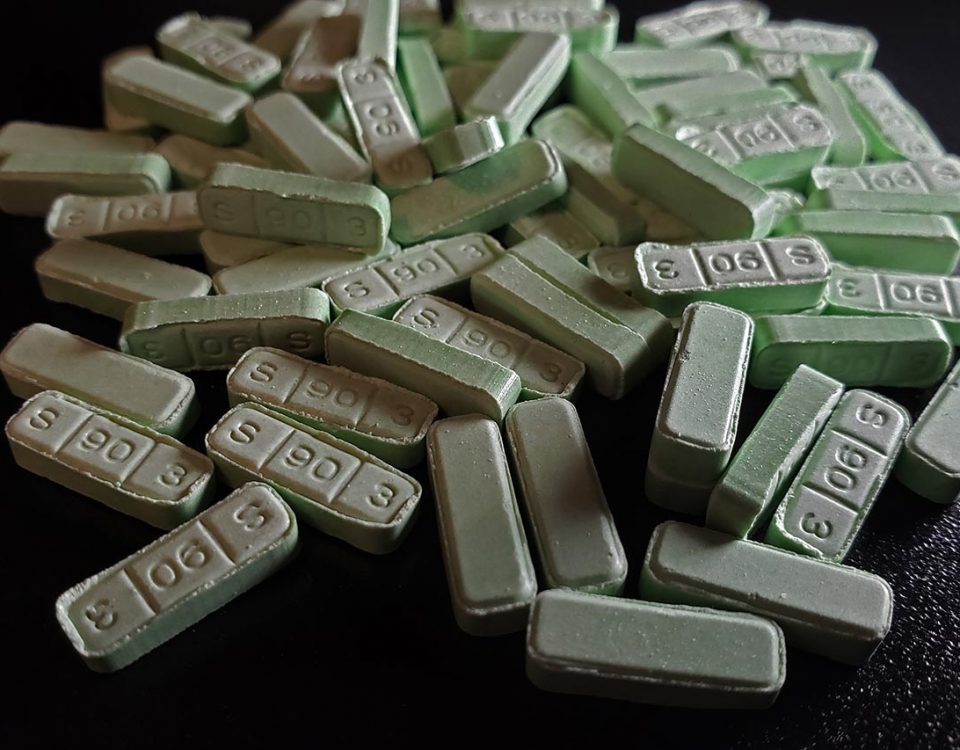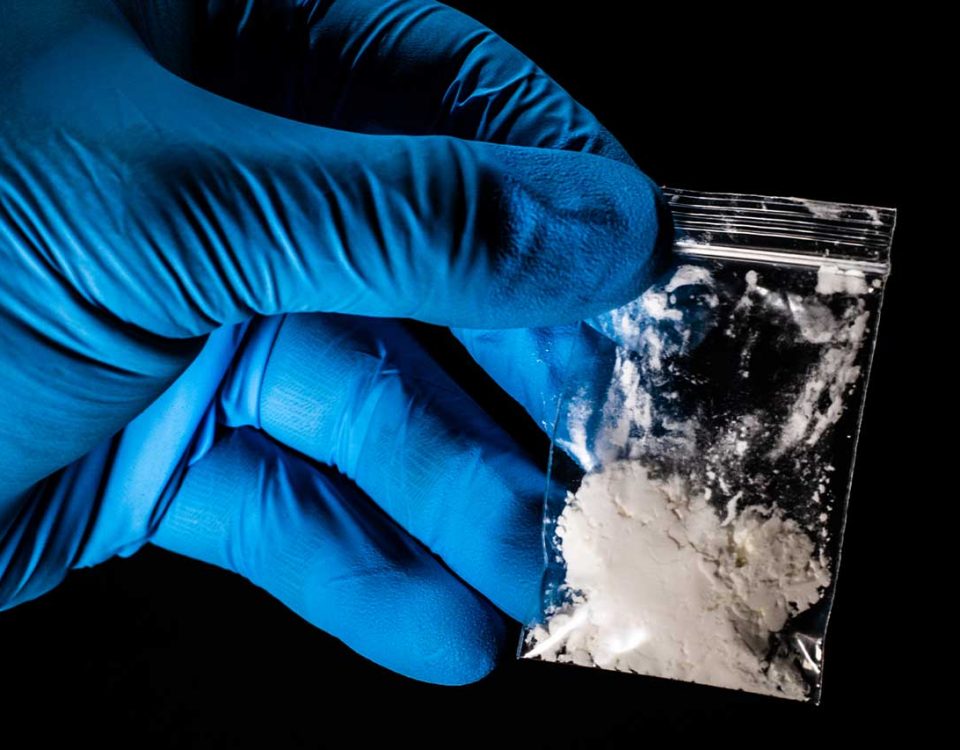Substance abuse disorders are an emotional rollercoaster.
As a Massachusetts rehab center, we know that for many people, addiction is filled with several ups and downs as well as a mix of emotions. Immediately following their drug use, users will feel a euphoric high and pleasurable feelings. What follows next is often a crash and the onset of several negative emotions, including everything from shame to agitation. For others, a substance abuse problem may leave them feeling “nothing.”
What is Anhedonia?
Anhedonia is a term used to describe someone’s inability to experience pleasure. Instead, people with anhedonia may feel almost numb. Anhedonia can include both disinterest in socializing, as well as a lack of pleasure from physical sensations. It is a common symptom of depression but can also be connected to other behavioral health disorders such as schizophrenia or substance use disorders.
Anhedonia symptoms may include:
- Social withdrawal
- Lack of enjoyment in once pleasurable activities
- Lowered emotional responses
- No desire for new relationships
- Low self-esteem
- Poor thoughts of others or lack of empathy
- Faking emotions
- Food no longer tastes as good as it once did
- Avoiding both physical and emotional intimacy
- Disinterest in physical contact or affection
The Connection Between Anhedonia & Addiction
Although it is often a symptom of depression, anhedonia, and substance abuse are often connected as well. People who abuse drugs and alcohol regularly will undergo a physical and mental transformation that may include anhedonia. There is also evidence to suggest that anhedonia is involved with the transition from recreational use of substances to an addiction as well as being connected to relapse.1 Because substance abuse problems can be so intertwined with mental health, effective treatment should include addiction treatment therapies that also address these psychological components.
Anhedonia is believed to partially stem from a problem with the brain’s reward system and the function of dopamine, the neurotransmitter that is associated with pleasure.1 Because drugs often impact these same elements, it is no surprise that anhedonia and substance abuse are often connected. Abused drugs typically cause an unnatural boost to the brain’s reward system and a high influx of dopamine. Over time, this substance abuse can cause lasting changes in the brain’s reward system and dopamine levels that make it harder and harder for someone to feel pleasure without the unnatural high provided by the substances.
On the other hand, anhedonia may be a precursor to substance abuse. Because these people lack pleasure from normal activities, they are more likely to engage in riskier behavior, such as extreme sports or drug abuse. These high-risk activities also tend to be high-reward and may help them feel something. One study found that smoking was more common and done at higher levels in adolescents with higher anhedonia2
You do not have to live this way. At Banyan Massachusetts, our PHP in Boston could be the treatment you need to not only quit your addiction but also finally start to feel again.
Stop waiting. Call us today at 888-966-9413 to begin the journey to recovery.
Sources:









